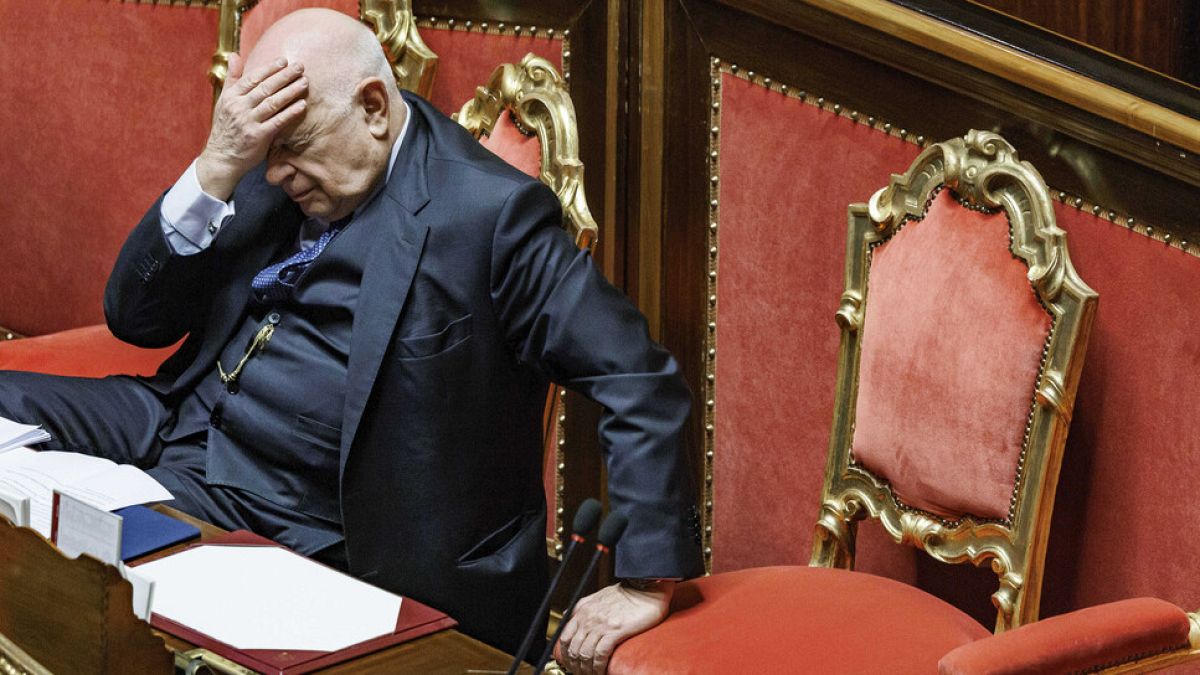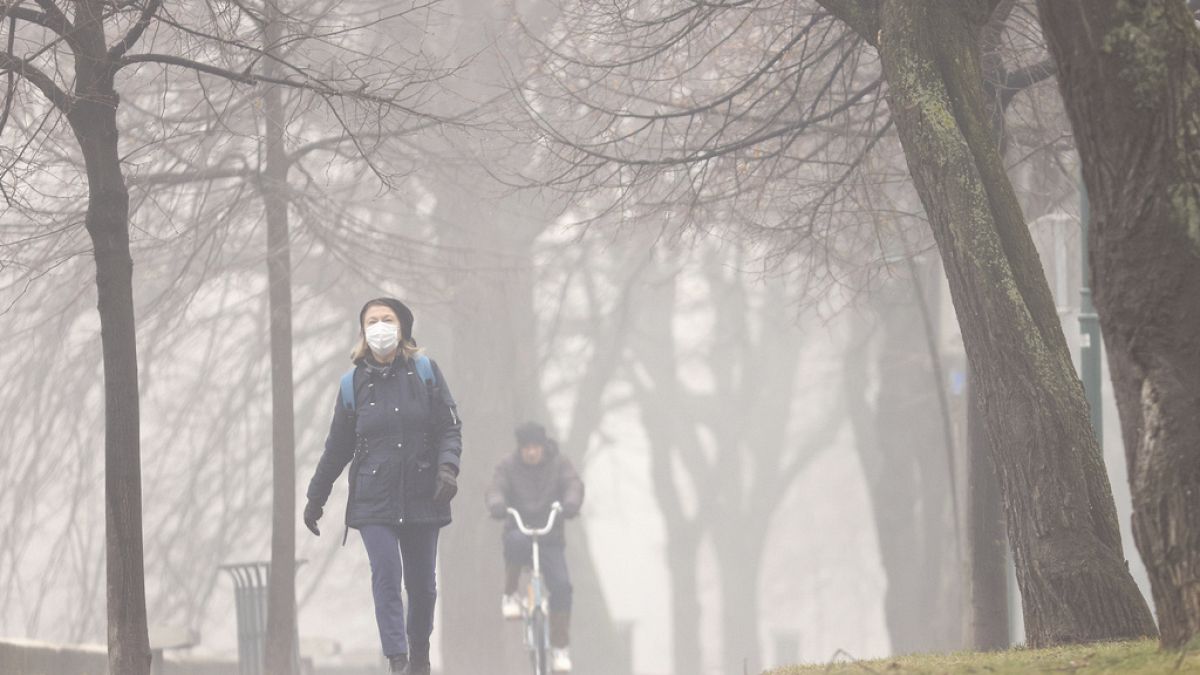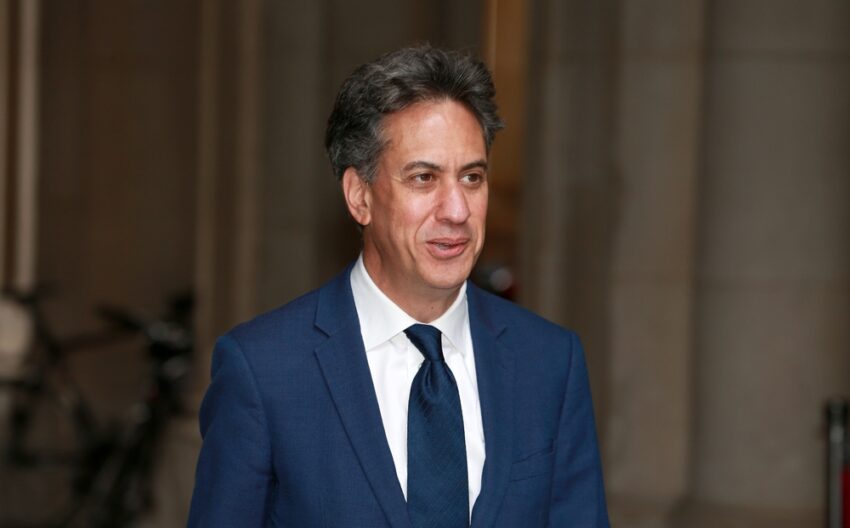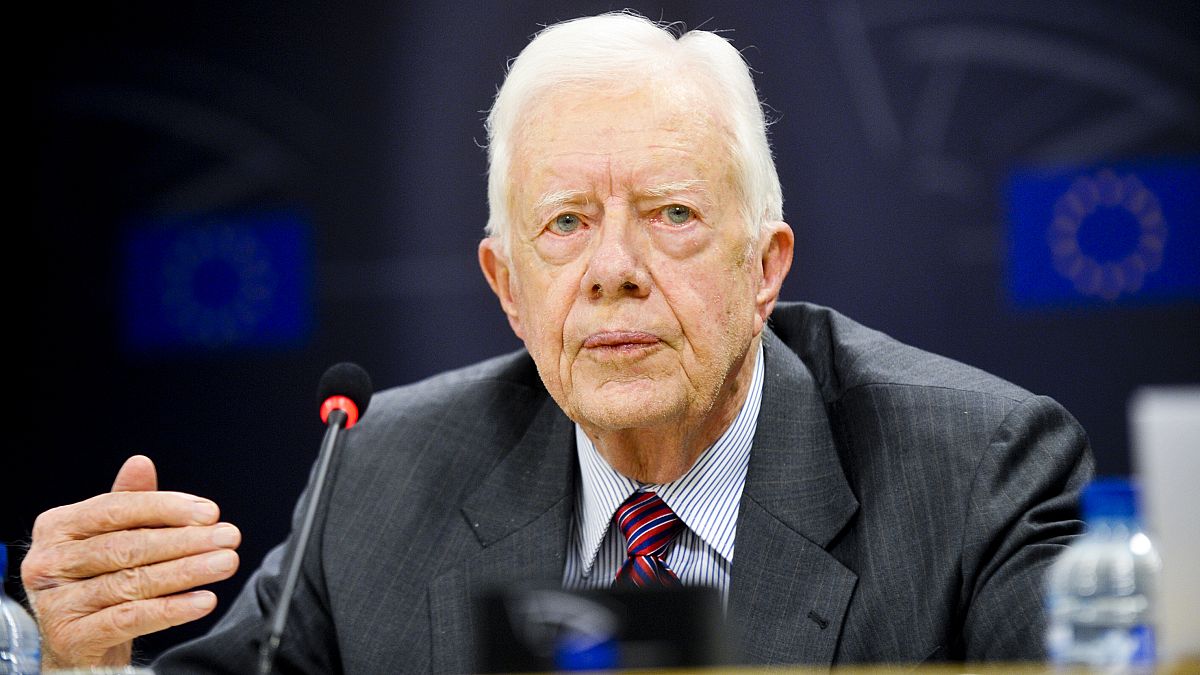EU climate chief Wopke Hoekstra goes to war with airlines
EU plans to hike airlines' green taxes are "complete bullshit," says lobby chief Willie Walsh.
BRUSSELS — European Union climate chief Wopke Hoekstra’s push to slap more tax on airlines is set to be one of the crunch political battles of European Commission President Ursula von der Leyen’s second term.
It sets the Dutchman up for a showdown with not only the airlines — led by Irish industry heavyweight Willie Walsh, who calls the tax plans “bullshit” — but also vocal EU countries that fear their tourist industries will be undermined.
Hoekstra is not only climate commissioner, but also has a second, less well-known role, being in charge of taxation. He wants to hike the taxes airlines pay as part of the effort to slash emissions from transport by 90 percent by 2050 under the EU’s Green Deal.
Adding taxes to air transport “is something I truly deeply care about,” Hoekstra told POLITICO in a recent interview.
Airplanes account for about 4 percent of the EU’s greenhouse gas emissions and 13.9 percent of all transport emissions. Now, Hoekstra is taking a hard look at the sweet deal that airlines get on taxation in a bid to make flying bear more of its real environmental costs.
“I do think it is fair that the logic of ‘polluter pays’ is at the heart of many of our policies. And if I look at the domain of aviation, there clearly is a step we can take,” said the Dutch commissioner.
Taxation has historically favored airlines; they pay no tax on kerosene and no VAT on tickets in most countries.
Although airlines are covered by the EU’s cap-and-trade Emissions Trading System, they were long exempted from paying for emissions permits, unlike other polluting industries. However, the EU is ending free allowances for aviation by 2026 and airlines have already started paying for pollution from short-haul flights within Europe.
Hoekstra’s goals include introducing a tax on fossil jet fuel, putting a carbon price on extra-European airline emissions and ending the zero-VAT rates on international travel.
That’s setting off alarm bells in airline lobby groups and in the tourism ministries of sunny European countries that rely on airborne tourist traffic.
“For a politician to say we’re doing this in the interest of the environment … that’s complete bullshit. That’s lying,” Walsh, director general of the International Air Transport Association airline lobby, told POLITICO.

Walsh, the former chief executive of Aer Lingus and British Airways, warned that “it is almost impossible for any of that money [from taxes] to flow back to the industry to improve environmental performance.” He added that the only effect of new levies will be to make it more difficult for people to fly, lowering aircraft load factors instead of emissions and leaving the habits of the biggest polluters unchanged.
According to Walsh, any new tax on flights “is just to generate revenue. Will it stop anybody flying in a private jet? It’s not going to stop it, you’re not going to see a change in behavior and that’s the issue.”
Angry sunny spots
Hoekstra’s pledges to tax aviation are particularly angering tourism-dependent Mediterranean countries.
On Dec. 10, during a Council meeting with economy ministers, the southern countries reiterated their rejection of the kerosene tax proposed by the European Commission as part of the reform of the Energy Taxation Directive.
“The tourism sector represents 20 percent of our GDP in Greece and that applies even more for the Greek islands,” Greek Economy and Finance Minister Kostis Hatzidakis told Hoekstra during a debate on the reform.
The tax on kerosene “may undermine competitiveness of the Greek tourism at least toward third [non-EU] Mediterranean countries where the cost would not be increased and no further tax would be imposed,” Hatzidakis added, echoing the views of Italy, Croatia, Cyprus and Malta.
Polluter pays
Industry also complains that higher EU taxes will make European airlines less competitive than rivals from other jurisdictions.
“I’m the first to acknowledge that it’s not easy [to tax aviation] and that it will take a long time to establish something that is either completely or at least roughly global,” Hoekstra said.
The EU isn’t deaf to the danger of imposing tougher regulations only on the bloc. Its update to the ETS and aviation gave the United Nations’ International Civil Aviation Organization until 2026 to align its currently lighter carbon pricing scheme, called CORSIA, with the European ETS.
If that does not happen, “the Commission should propose to extend the ETS to departing flights [from the EU],” Hoekstra told the European Parliament after his nomination as climate commissioner. That would affect non-EU airlines flying out of Europe as well.
The effort to tackle climate change is adding to pressure on Hoekstra.
Although aviation isn’t the largest contributor to global warming, its share is rising fast as the popularity of air travel explodes.
“Aviation is, frankly speaking, one of the very few domains where the trend is in the wrong direction, not in the right one,” Hoekstra said during his confirmation hearing before the Parliament on Nov. 7.
During his confirmation hearing, Hoekstra appeared open to the idea of a frequent-flier tax or VAT on aviation, saying, “We could and should be forward-leaning” on such ideas.
“There is currently a widespread application of zero VAT rates, particularly for international air and maritime transport, regardless of their environmental impact,” he said in his written replies to parliamentarians.
“The taxation of the aviation sector is part of a wider reflection that the Commission has started on the future of the VAT,” he added.
But getting any of those changes through will be difficult. Other pillars of the Green Deal, such as banning the sale of CO2-emitting cars after 2035, are already under fire, showing the political danger of painful green policies.
EU tax reforms require a unanimous decision by member countries, and for now that looks a very remote prospect.
Zia Weise and Barbara Moens contributed reporting.
What's Your Reaction?






















































